Guppies are diurnal creatures, active during the day and sleeping at night. Guppies do not have eyelids and sleep with their eyes open, often floating at the top of the tank or resting on the bottom. Guppies typically need 6-8 hours of sleep per day, and maintaining a consistent day-night cycle, including turning off artificial lights at night, is vital to mimic their natural environment. Providing hiding spots and decorations can also create a comfortable resting environment for guppies.
Guppies Need Sleep
Guppies do sleep, but their sleeping patterns are different from humans. They are not like humans who close their eyes and lie down to rest. Since guppies do not have eyelids, they sleep with their eyes open. These wonderful fish have a unique way of resting, and it’s essential for guppy enthusiasts to understand their habits.
Sleeping Behavior of Guppies
Guppies are diurnal creatures. This means they are active during the day and prefer to sleep at night. While guppies usually sleep at the top of the tank, near decorations, or rest at the bottom, their sleeping behavior doesn’t include REM (Rapid Eye Movement).
Even during sleep, guppies don’t have eyelids, so their eyes remain open. They also become less sensitive to sound, so you might not notice your guppy is sleeping. Since guppies are diurnal, they need to sleep every night, following a pattern like humans.
Locations for Sleep
- Top of the Tank: Guppies may float here when they’re sleeping.
- Bottom of the Tank: Guppies sleep at the bottom, sometimes resting on the substrate or around the tank.
- Near Plant Decorations: These spots offer a peaceful place where guppies prefer to sleep.
Understanding the sleeping pattern of your guppy fish helps you maintain a healthy aquarium environment and keeps your fish healthy. By noticing whether guppies sleep at different locations, you’ll learn everything you need to know about their sleeping behavior.
How Much Sleep Do Guppies Need?
Guppies typically need at least 6-8 hours of sleep a day. To ensure they get the right amount of sleep, it’s crucial to keep a consistent day-night cycle in the aquarium. The aquarium lights at night should be turned off to mimic the natural environment. This practice helps your guppies sleep well and maintains water conditions suited to their needs.
If you have artificial lights in your guppy tank, turn them off at night or use a programmable timer. This adjustment can support the guppy sleeping schedule, ensuring they rest at the right times. The amount of sleep helps these guppies to stay energetic and lively.
Whether you are a beginner or an experienced guppy keeper, understanding how much sleep do guppies need is vital. Remember, like humans, guppies typically rest, and they need the proper amount of sleep to thrive.
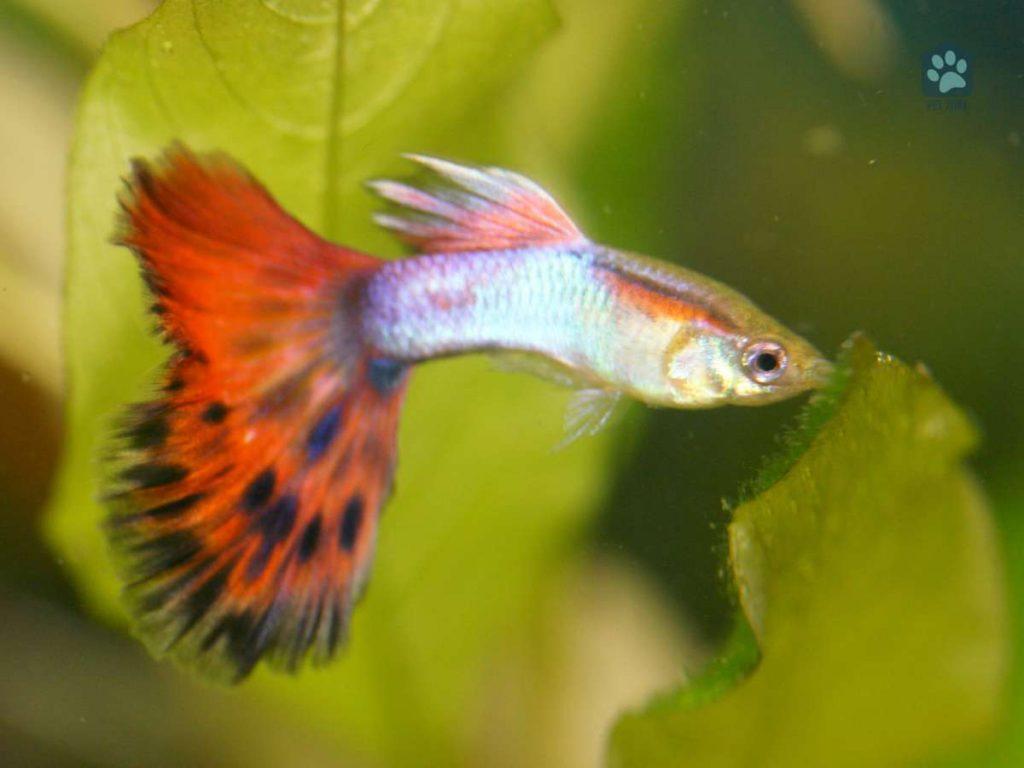
How to Know If Your Guppy Is Sleeping or Dead
Knowing whether your guppy is sleeping or dead can be a challenging task, especially since guppies do not have eyelids and sleep with their eyes open. Here’s what you need to know to tell if your guppy is just resting or if there’s a more serious issue.
Guppy Is Sleeping
- Inactivity: When your guppy is sleeping, it will stop swimming and become inactive. This behavior is typical during the sleep hours, usually at night.
- Sleeping Locations: Guppies may choose to sleep at various locations in the aquarium, such as on the substrate at the bottom of the tank, on plant leaves, decorations, or at the surface of the water.
- Floating: Notice your guppy floating in a specific spot without movement? This might mean your guppy is sleeping, especially if it’s the regular sleep time.
Guppy Is Dying
- Constant Inactivity: If your guppy is constantly sleeping at the bottom and doesn’t move even during its active hours, this could be a sign of a problem like swim bladder disease.
- Irregular Floating: A guppy floating upside down or in an unnatural position may indicate a health issue or a problem with the water parameters in your fish tank.
- Other Signs of Illness: Look for signs that your guppy is sick, such as discoloration, rapid breathing, or aggressive tank mates bullying them throughout the night.
To provide the best sleep environment for your guppies, maintain consistent water conditions, including water temperature.
Ensure that the aquarium has hiding spots and decorations where guppies can sleep comfortably without aggressive fish interrupting them. Regularly check the water conditions and notice any unusual behavior, especially if your guppy is not sleeping and seems ill.
Help Your Guppies Sleep
Helping your guppies sleep well is vital for their overall health and happiness. A good sleep environment ensures that your guppies get the right amount of sleep and wake up energetic and lively. Here’s how you can create the best sleep environment for your guppies.
Environment for Your Guppies
Guppies need to sleep and to do that, they need a comfortable environment. Creating a cozy sleep space for your guppy fish is more than just turning off the aquarium light at night. Here’s what you can do:
- Maintain a Day-Night Cycle: Since guppies are diurnal, they sleep at night. Keep the lights off when the sun goes down to mimic their natural environment. A programmable timer can automate this process and help your guppies sleep.
- Provide Hiding Spots: Guppies prefer to sleep in hidden areas. Provide decorations, plants, and caves in the guppy tank where they can rest without aggressive tank mates disturbing them.
- Water Conditions: Ensure proper water parameters, including temperature, to make your fish feel safe while they’re sleeping. A stable water temperature supports the guppy sleeping pattern.
- Avoid Aggressive Tank Mates: Some aggressive fish might disturb guppies’ sleep by bullying them throughout the night. Choose tank mates wisely.
- Monitor for Signs of Illness: If your guppy is constantly sleeping at the bottom, check for signs of illness such as swim bladder disease. Constantly sleeping at the bottom might indicate an underlying health problem.
The sleep environment you create plays a crucial role in whether guppies sleep comfortably. These tips and insights equip you with everything you need to know to help your guppies sleep well, maintaining a healthy and vibrant guppy aquarium.
Guppy Sleeping Patterns and Special Considerations
Guppies’ sleep patterns are unique and different from other pets. They require special attention, especially if you have various guppies in the tank, like guppy fry or pregnant guppies. Here are some essential insights and considerations.
Guppy Fry and Their Sleep Needs
Guppy fry, or baby guppies, have specific sleep needs. They are active little creatures but also need enough sleep to grow and thrive:
- Hours of Sleep: Like adult guppies, guppy fry need 6-8 hours of sleep. Maintaining a consistent day-night cycle, including turning off aquarium lights at night, will support their sleep pattern.
- Safe Environment: Ensure that the guppy tank is free from aggressive tank mates who might disturb the fry’s sleep. Provide plenty of hiding spots.
- Monitor Growth: Notice that your guppies are growing and thriving. If a guppy fry is not moving or constantly sleeping at the bottom, it may indicate a problem with the water conditions or health issues.
Pregnant Female Guppy Considerations
Pregnant female guppies also need special attention to ensure they get the sleep they need:
- Resting Spots: Provide specific resting spots at the bottom of your tank where pregnant guppies can rest comfortably.
- Avoid Stress: Keep the water temperature stable and the water conditions ideal to prevent any stress that might disturb sleep.
- Nutrition: Ensure proper nutrition, as a well-fed and healthy pregnant female guppy will likely have a more stable sleeping pattern.
Guppy Floating and Unusual Sleep Behavior
Sometimes, you might notice your guppy is floating or displaying unusual sleep behavior. Here’s what it might mean:
- Sleeping Upside Down: If a guppy is sleeping upside down, it may be a sign of an underlying health issue rather than normal sleep behavior.
- Floating at the Top of the Tank: While guppies may sleep at the top, constant floating may indicate a problem with the swim bladder or other health concerns.
- Always at the Bottom: A guppy constantly sleeping at the bottom could point to a dark issue in their tank or indicate an illness.
Understanding these unique aspects of guppies, including the special considerations for guppy fry and pregnant female guppies, helps ensure a thriving environment for all your fish. Being aware of their sleeping behavior and needs can make a significant difference in their health and happiness.
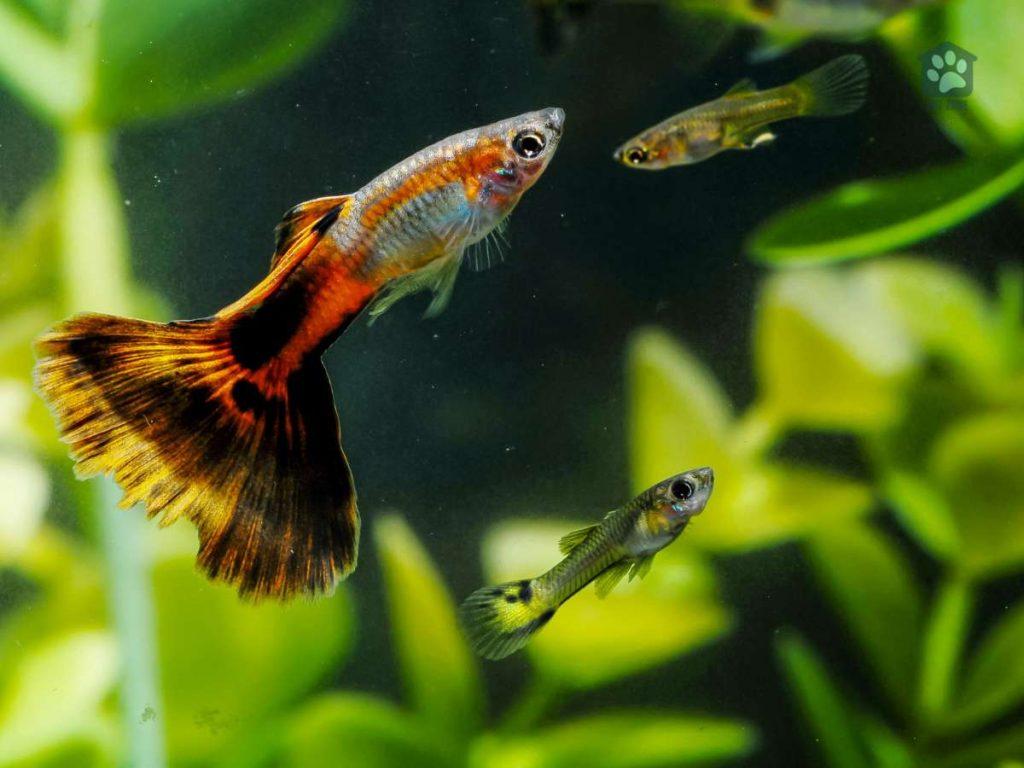
Conclusion: Ensuring Sweet Dreams for Your Guppies
Guppies are fascinating creatures with distinct sleeping patterns. They do not sleep like humans, but their need for rest is just as essential. From understanding that guppies sleep at the bottom or top of the tank to recognizing when a guppy is sleeping or dead, the complexities of guppy sleep require careful attention.
Whether you’re caring for guppy fry, pregnant female guppies, or simply want to provide the best sleep environment for your beloved fish, knowledge is your greatest ally.
Keep the aquarium lights dark or off at night, offer hiding spots, and maintain proper water conditions to ensure the right amount of sleep. Stay alert for signs that might indicate a sick or dying guppy, like a guppy constantly sleeping at the bottom, and take timely action.
With dedication and understanding, you can create a comfortable sleeping environment that ensures your guppies get the sleep they need. By doing so, you contribute to their overall well-being, making your guppy aquarium a vibrant, healthy habitat.
Feel free to share your thoughts, experiences, or questions about guppy sleeping behavior in the comments below. If you found this article helpful, don’t hesitate to share it with fellow guppy enthusiasts and friends. Your insights and shares help us create a community that supports the best care for our wonderful fish!
As an Amazon Associate I earn from qualifying purchases.



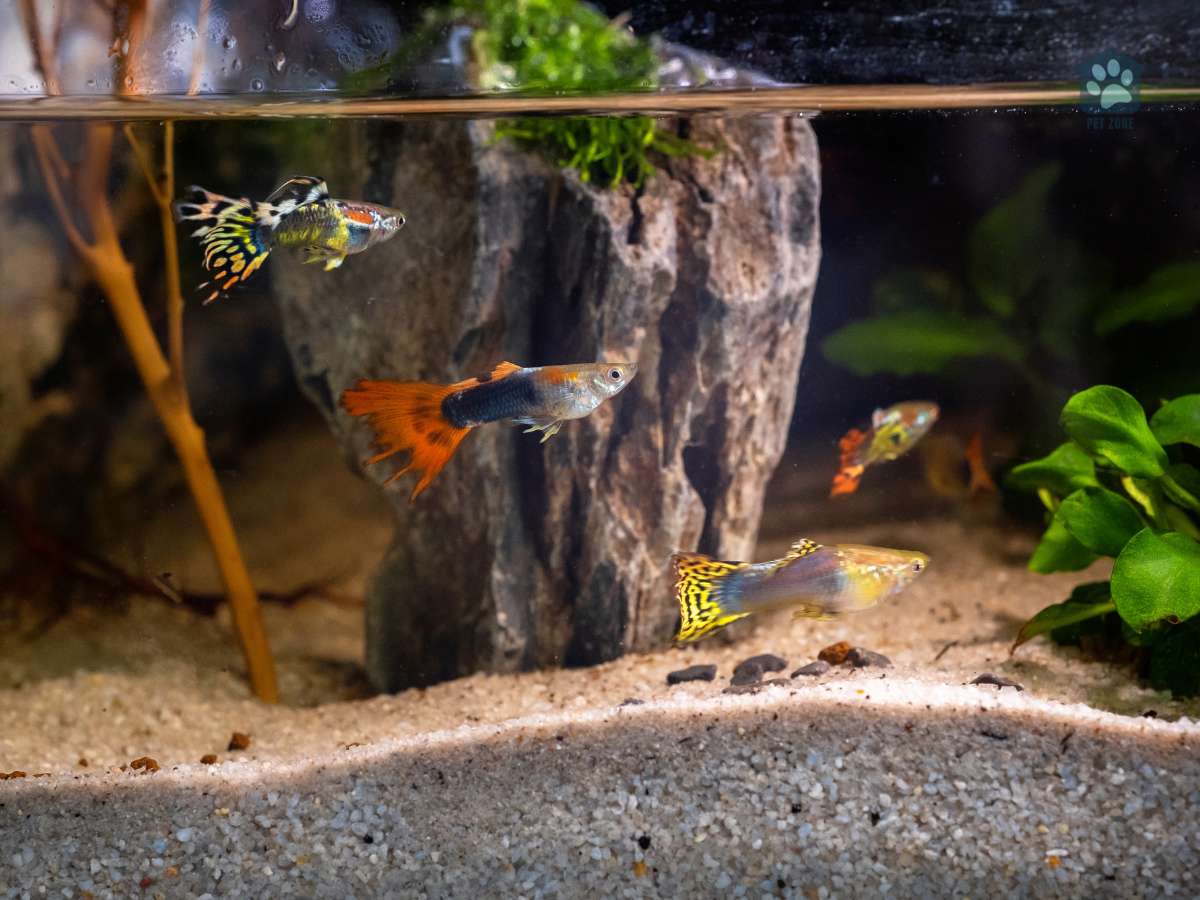
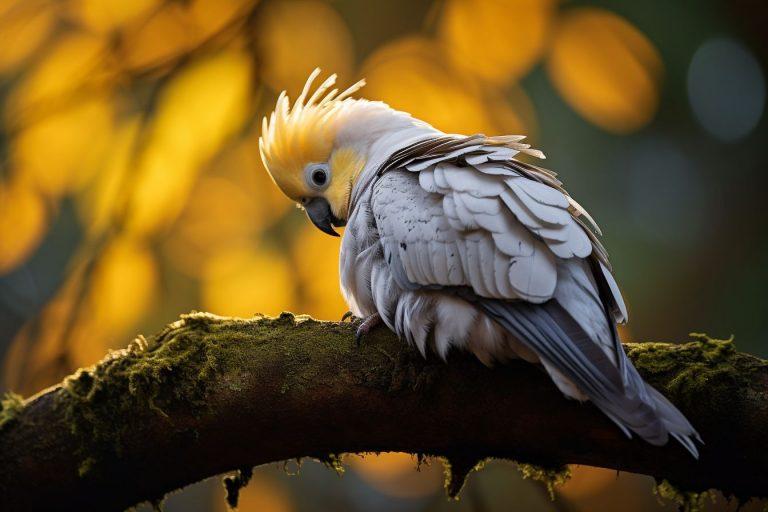
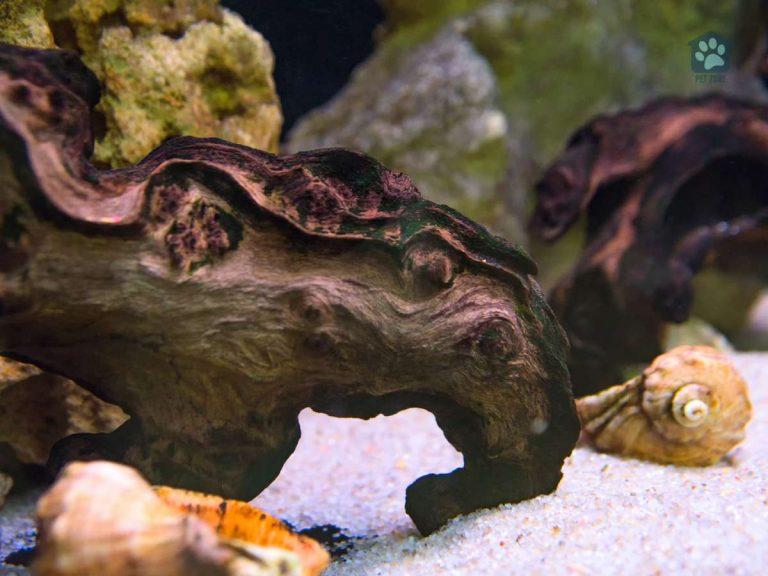


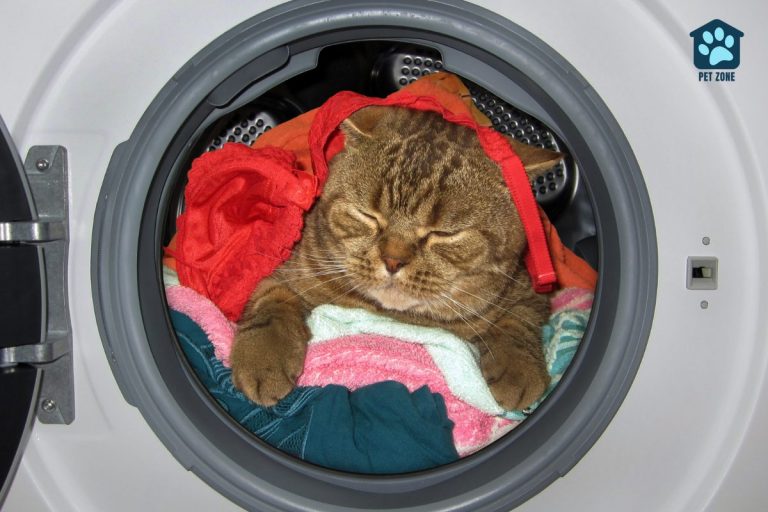
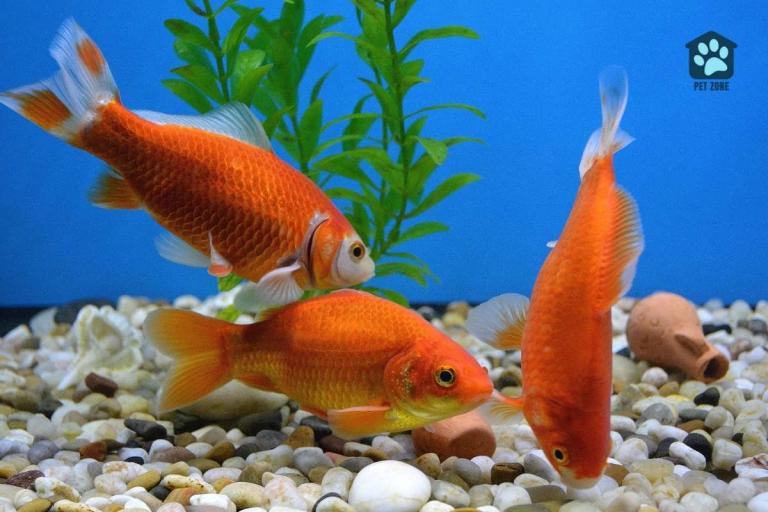
Welp. One of my guppies went to sleep. Permanently. Let’s hope I learn enough to keep the other 2 happy and healthy!
This has been greatly informative.
I always wondered if fish slept and how they did it!
You did an article on guppies!!!!! My 3 new guppies will appreciate that since I know NOTHING about them! Now I’ll wait for articles on fish tank lighting, feeding amounts/schedules and cleaning the tank (lol).